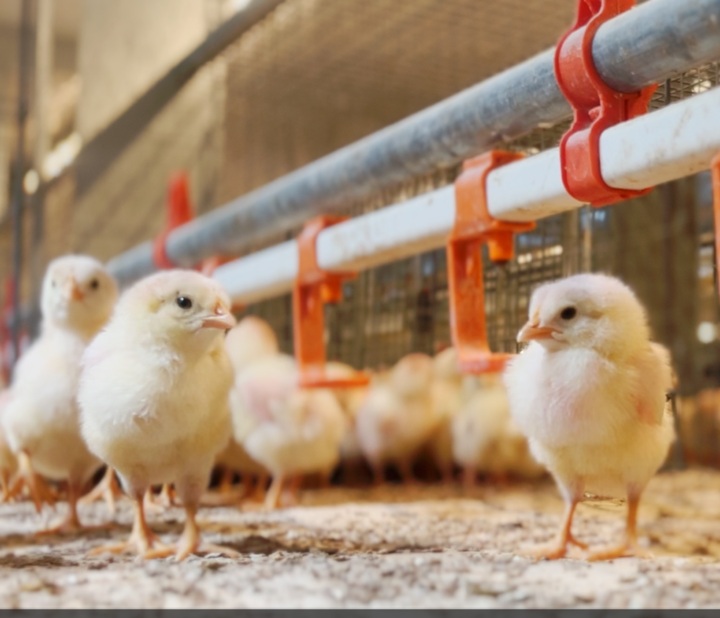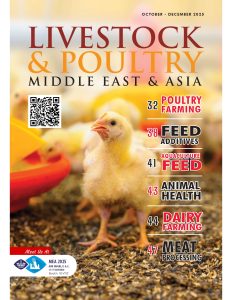Kipster, a global leader in animal welfare and sustainable egg farming, announces the use of in-ovo sexing technology. This serves as an alternative to culling male chicks at hatch.The company is second in the U.S. to use this cutting-edge approach. It allows for the sex determination of chick embryos in hatching eggs during incubation. The eggs with males are immediately removed once identified. This prevents the hatching and culling of the day-old male chicks, as is common in the U.S. egg industry.
350 million male chicks killed yearly in the U.S. egg industry
The U.S. egg industry kills over 350 million male chicks each year after they hatch because they are deemed useless. They do not lay eggs and are not bred to put on as much weight as fast as broiler chickens. Opposed to the common practice of decades ago, when people consumed the by-product of egg farms as food — the male chickens. Nowadays, people eat predominantly meat chickens from the broiler industry.
Kipster aims to raise roosters instead of killing them
Kipster’s goal is to give roosters a place in the food system. In doing so, the company makes use of all animals born into its poultry farms. Kipster is the very first commercial egg producer in the U.S. to not cull its male chicks when its U.S. farm opened in 2022. This approach is similar to Kipster’s practices in Europe. However, the company had to resort to doing so for the first time in 2024. This was due to a lack of suitable infrastructure and a retail market for males from breeds commonly used for egg production.
Temporary switch to in-ovo sexing technology due to lack of infrastructure
“We’re disappointed that we haven’t yet succeeded in raising male chicks in the U.S.,” said Ruud Zanders, Co-founder and Co-CEO of Kipster. “We see this as a shortcoming on our part—a failure to fully live up to our own vision. But allowing chicks to hatch only to be immediately gassed or macerated is standard industry practice in the U.S. That is simply not an option for us. That’s why we’re turning to in-ovo sexing as a temporary alternative.”
Upcoming Kipster flocks will be free of chick culling
This choice allows Kipster to stay true to its values around animal welfare and waste reduction. At the same time, the company continues to work toward a more structural solution. Male embryos that are not identified by the in-ovo technology — about 0.5%, or roughly 150–200 chicks — will not be culled. They are planned to be raised at a farm. This means that the upcoming Kipster flock will be free of chick culling.
Respeggt technology allows DNA-based embryo sexing
The Respeggt in-ovo sexing technology is used for the Kipster-hatching eggs at a Hendrix ISA hatchery. It is the first technology in the U.S. that uses DNA analysis to identify the sex of the embryos. It can be applied to both white and brown layer hen breeds.
Expanding transparent and welfare-driven egg production in the U.S.
Originally launching in the Netherlands in 2017, Kipster started egg production in the U.S. with its partner, MPS Egg Farms, in December 2022. Its eggs are available at Kroger and its many other site banners in 28 states. The first eggs produced by in-ovo sexed hens will be coming to the market in early 2026. It will take at least a year before all Kipster eggs will be free of male chick culling. Raising male chicks or applying in-ovo sexing is only one ethical practice at Kipster. These are part of a wider, continuous effort. The goal is to improve the living conditions and welfare of the laying hens and roosters.
For more information, visit https://kipster.farm/




















